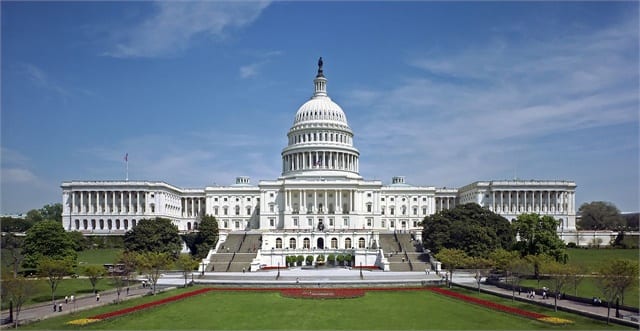[ad_1]
Mich.’s Ann Arbor Area Transportation Authority (TheRide) announced that — as part of a plan to preserve financial sustainability while ensuring public health and helping to mitigate the spread of the coronavirus — it will permanently layoff 44 positions, or 15% of its workforce. The staff reductions include union and non-union employees. In addition, executive staff have voluntarily reduced their salaries.
Due to the pandemic, TheRide has temporarily reduced fixed-route services by 70%, ridership has dropped, and the agency is not collecting fares from passengers to aid social distancing. The loss of all fare revenue is a major financial hit, representing about 15% of TheRide’s budget and $600,000 per month.
Like most transit agencies, TheRide’s largest expense is staffing costs. Since Gov. Gretchen Whitmer declared Michigan to be in a state of emergency on March 11, TheRide has kept all staff employed — office staff worked from home, frontline staff who were on the job were paid time and a half, and many staff received full pay even as they stayed at home simply because there was no work that could be done.
“This is a tremendously difficult decision, but the impacts of COVID-19 have forced us to quickly update our priorities in order to ensure we can continue to provide services in the future. There are no easy solutions — TheRide faces great uncertainty in its finances, and the economic impacts of the pandemic pose a threat to the agency’s mission in the community,” TheRide’s CEO Matthew Carpenter said.
In addition to layoffs, Carpenter and the two deputy CEOs will each voluntarily reduce their salary by 10% for at least the next six months, all travel and offsite training has been canceled, and hiring is restricted. These steps and layoffs will save TheRide about $4.9 million during a full year.
The layoffs are designed to avoid further service reductions and will enhance the ability to restore service once businesses and schools begin to reopen.
The cost savings announced today, combined with TheRide’s remaining reserve funds and federal CARES Act relief funds approved by Congress “leaves the agency in a momentarily strong financial position,” Carpenter said. “However, the future remains very uncertain as we simply do not know how long these funds will need to last, whether the state government will cut its funding, what unforeseeable expenses will occur, and how much it will cost to restore services,” he said. “For all those reasons, we believe that preserving our resources now is the best strategy to ensure we can continue to meet the community’s needs in the future.”
“Going forward, we will rebuild our team along new lines and chart a sustainable course in our new circumstances,” Carpenter added. “The organization that emerges will look different from how it was before, but we will still be here to support our communities, residents, and passengers.”



















